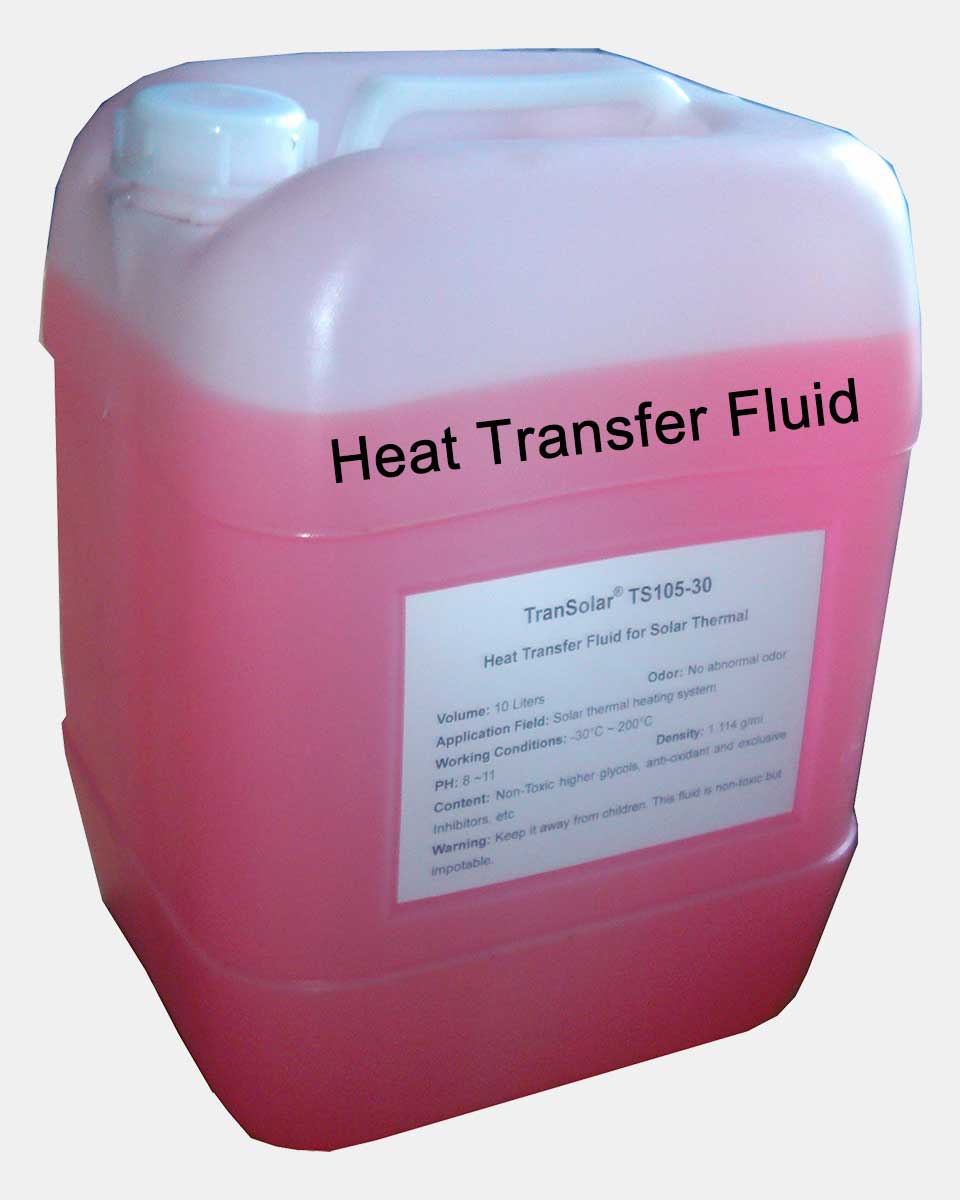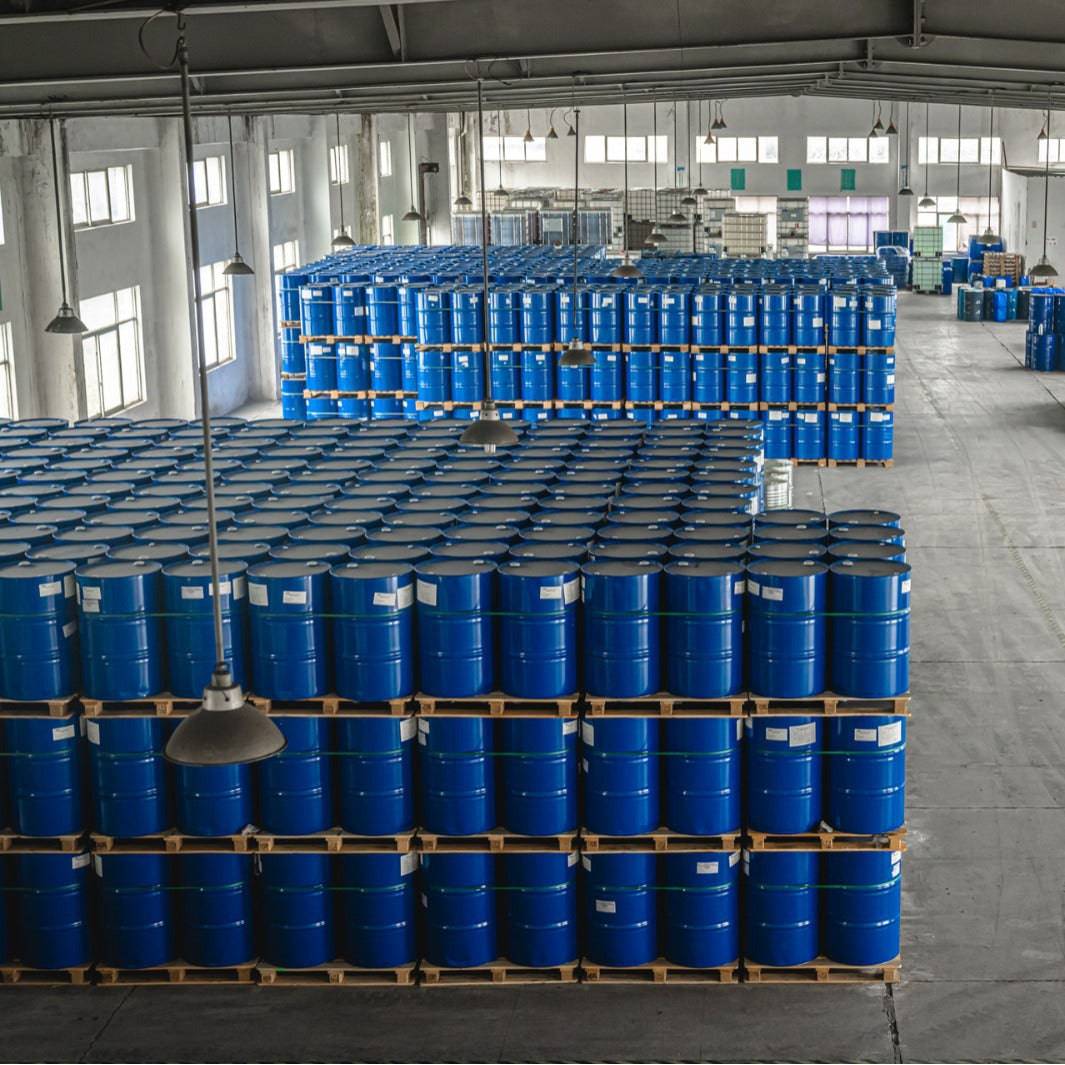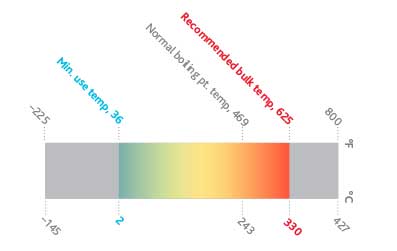The Importance of Thermal Security in Heat Transfer Fluid Option
The Importance of Thermal Security in Heat Transfer Fluid Option
Blog Article
How Heat Transfer Fluid Contributes to Lasting and Economical Procedures
In the modern-day commercial landscape, the function of warmth transfer liquids (HTFs) in promoting sustainable and affordable operations can not be overstated. These liquids are crucial in optimizing thermal monitoring systems, thus considerably boosting energy effectiveness and decreasing operational expenses. heat transfer fluid. The environmental benefits of sophisticated HTFs, with their high thermal security and reduced toxicity, are undeniable.
Recognizing Heat Transfer Liquids
In the world of thermal administration, heat transfer fluids (HTFs) offer as crucial representatives for moving thermal energy from one area to another. These fluids play a critical role in various commercial applications, including chemical handling, power generation, and A/c systems.
The make-up of warmth transfer liquids can differ substantially, consisting of choices such as mineral oils, artificial oils, glycols, and molten salts. Each kind offers unique advantages, such as boosted thermal security, reduced viscosity, and high boiling factors, which are picked based on specific operational needs. The option of HTF effects not just the effectiveness of warmth transfer yet likewise the durability and safety of the system in which it is used.
As industries remain to innovate, the growth of advanced HTFs, defined by their enhanced thermal conductivity and lowered ecological impact, is vital for satisfying the needs of modern-day thermal monitoring challenges.

Enhancing Energy Efficiency

Improving power performance has become a paramount concern across different markets, motivating a closer exam of heat transfer fluids' role in maximizing thermal monitoring systems. These liquids are essential to maintaining the wanted temperature in processes, thereby lessening energy waste and boosting total system efficiency. By picking an ideal warm transfer fluid, markets can substantially enhance their power performance, resulting in minimized power consumption.

Advanced formulations of warmth transfer fluids have been established to stand up to extreme temperature levels while keeping stability and efficiency. Enhancing power performance via optimum warmth transfer liquid selection is not only a technological necessity but also an environmental essential.
Minimizing Operational Costs
Functional expenses are a substantial consideration for sectors seeking to keep competitive benefit, and the selection of heat transfer fluid plays a crucial duty in price administration. Picking an ideal heat transfer fluid can lead to significant cost savings by improving system performance and reducing power usage. High-performance liquids minimize thermal destruction, which consequently decreases the regularity of fluid replacement and downtime related to maintenance, therefore reducing functional expenses.
Moreover, heat transfer fluids with premium thermal stability and corrosion resistance extend the life expectancy of devices. This lowers the requirement for constant repairs and replacements, which can be expensive and turbulent to procedures. By spending in premium fluids, sectors can attain long-lasting reductions in upkeep prices and enhance the reliability of their systems.
Furthermore, advanced warmth transfer liquids commonly see this site exhibit reduced viscosity at running temperature levels, which enhances pump effectiveness and reduces power use in liquid flow. why not try this out Numerous contemporary warmth transfer fluids are crafted to operate properly over a broad temperature level variety, minimizing the demand for multiple liquid types, consequently improving stock requirements and lowering linked prices.
Ecological Impact Reduction
The push in the direction of lowering environmental effect has actually gained momentum in sectors leveraging warm transfer fluids. Warmth transfer liquids (HTFs) play an important function in this change, offering opportunities to enhance power effectiveness and decrease exhausts - heat transfer fluid.
Moreover, making use of innovative heat transfer liquids adds to enhanced system effectiveness, minimizing the total power intake. This reduction not only leads to expense savings but likewise decreases carbon dioxide emissions, aiding in the fight versus climate modification. Fluids that are biodegradable and recyclable even more boost sustainability initiatives, as they diminish waste and promote circular economic situation methods.
Additionally, incorporating HTFs into closed-loop systems protects against fluid loss and contamination of the surrounding atmosphere. This technique ensures that liquids are reused, decreasing the need for brand-new resources and limiting waste generation. By accepting these ecologically aware approaches, sectors can considerably decrease their eco-friendly impact while preserving high functional performance, straightening with global sustainability goals and regulatory demands.
Picking the Right HTF
Picking the ideal warm transfer liquid (HTF) is an essential action in progressing environmental sustainability within commercial processes - heat transfer fluid. An excellent HTF ought to have a high thermal capability, low thickness, and high thermal conductivity to make sure effective warmth transfer.
This makes sure durability and reduces maintenance costs. The liquid needs to be safe and biodegradable, lessening its ecological impact go to my blog and guaranteeing conformity with environmental regulations.
Final Thought

Report this page